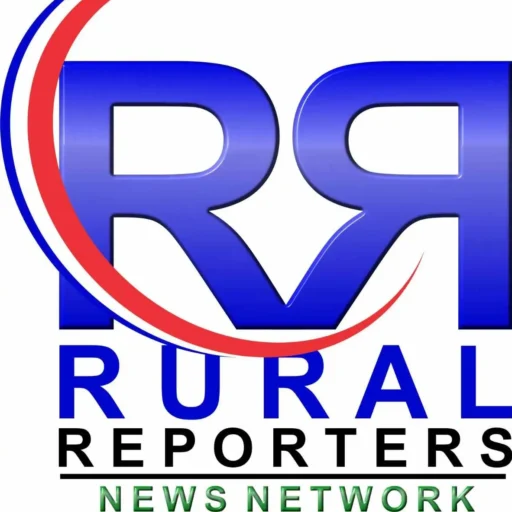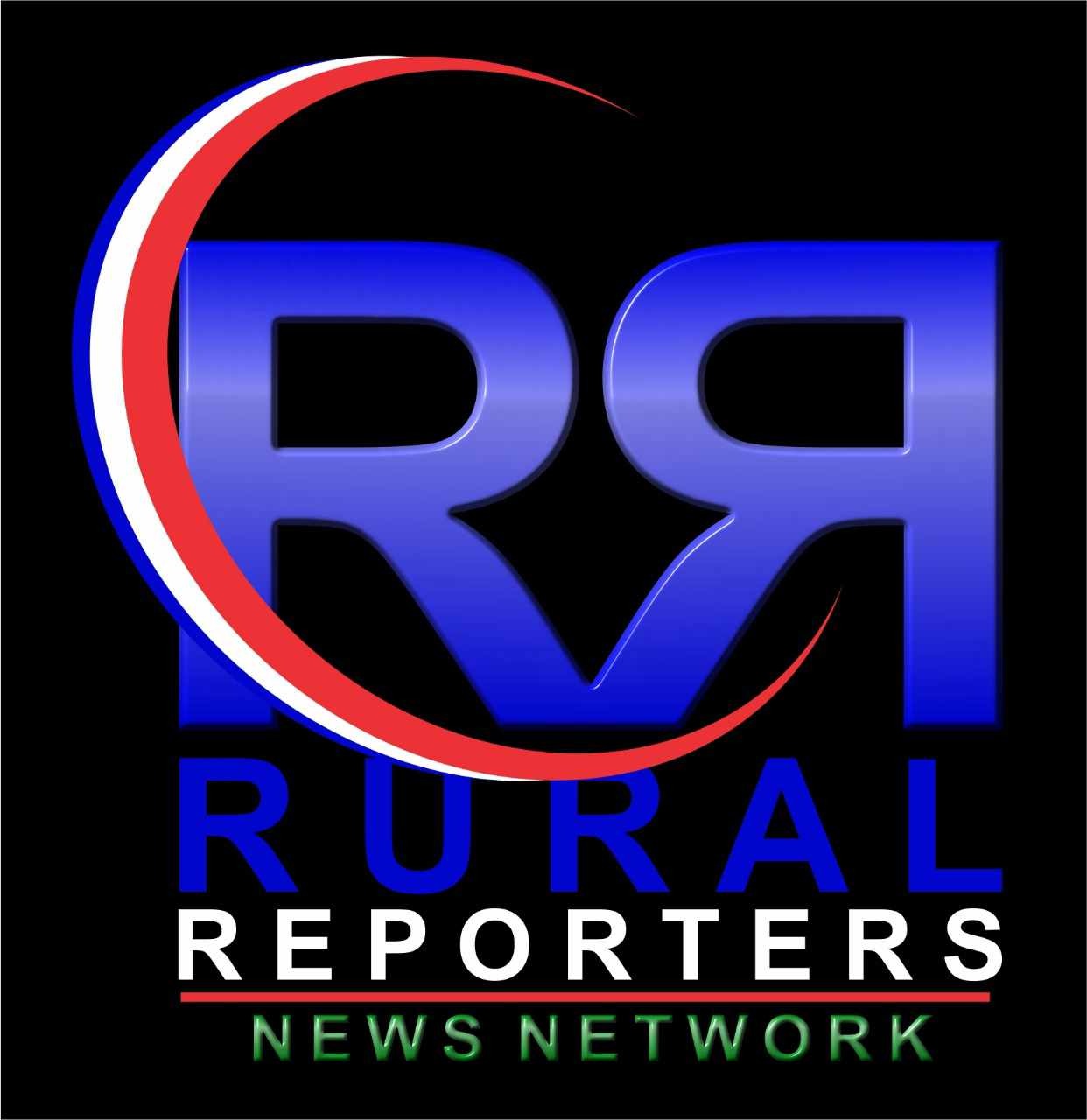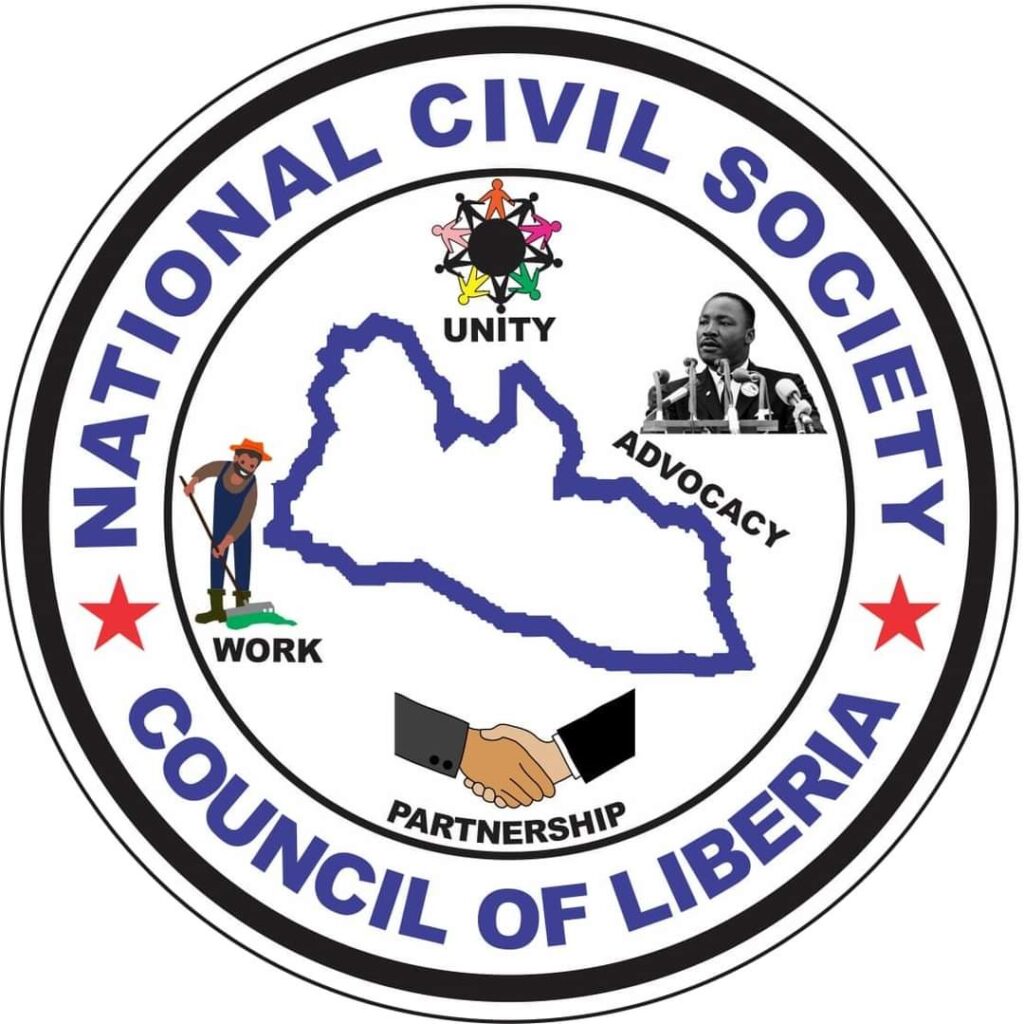By: Ezekiel Geeplay
MONROVIA, Nov 15, 2024 – The National Civil Society Council of Liberia, with support from the European Union-funded ‘Leh Go Green Project’, trains over 40 local NGOs and Civil Society Organizations (CSOs) about carbon markets.
In a statement from the UNDP dated November 14, 2024, The Training of Trainers (ToT) workshop is part of the 3-year EU-funded project managed by UNDP that targets the preservation of forest ecosystems, the mitigation of climate change and the improvement of local livelihoods.
The aim according to the statement is to increase participants’ knowledge of carbon markets, improve awareness of the impact of climate change and develop a structured approach to engage national and local institutions on sustainable forest governance and management.
The intent is to ensure that participants understand the importance and functions of carbon markets, inherent risks, and challenges; gain knowledge on how to sensitize, educate, and guide community engagement in carbon market projects, as well as build local capacity to engage in carbon market dialogues that can economically benefit local communities.
During the opening session recently in Gompa-Nimba County, the Chairperson of the National Civil Society Council of Liberia (NCSCL) Loretta Pope Kai, expressed appreciation to the Government of Liberia, UNDP, and other partners for the capacity development support for CSOs on carbon markets.
Ms. Kai noted that the knowledge gained will add value to drafting the legal framework for carbon markets in Liberia and boost community engagement and sensitization, adding that it is an opportunity for CSOs to be advocates in this regard.
Liberia has established the National Climate Committee for Climate and Carbon, with leadership in place. The National Civil Society Council of Liberia (NCSCL) is part of the leadership structure that supports the secretariat in developing guidelines for the legal framework.
Organizers and participants attending the ToT stressed the importance of safeguards to protect forest communities from potential risks associated with carbon trading, including adverse effects on rights, livelihoods, and cultural practices.
UNDP Program Coordinator Abraham Tumbey, said the project represents a significant opportunity for forest-rich nations like Liberia to access carbon markets, which could yield critical financial resources for socioeconomic development.
“Carbon markets have emerged as an innovative solution to the climate crisis, allowing countries to monetize emissions reductions while bolstering community development and resilience,” said Tumbey.
The workshop employed a participatory approach to educating CSOs on the rudiments of carbon markets and forest governance. The sessions covered climate change mitigation, carbon trading mechanisms, and legal frameworks for forest management.
In addition to lectures and panel discussions, the workshop incorporated video materials, group exercises, and case studies to enhance participants’ understanding of carbon readiness.




3 Comments
I don’t think the title of your article matches the content lol. Just kidding, mainly because I had some doubts after reading the article.
Your point of view caught my eye and was very interesting. Thanks. I have a question for you.
Thank you for your sharing. I am worried that I lack creative ideas. It is your article that makes me full of hope. Thank you. But, I have a question, can you help me?